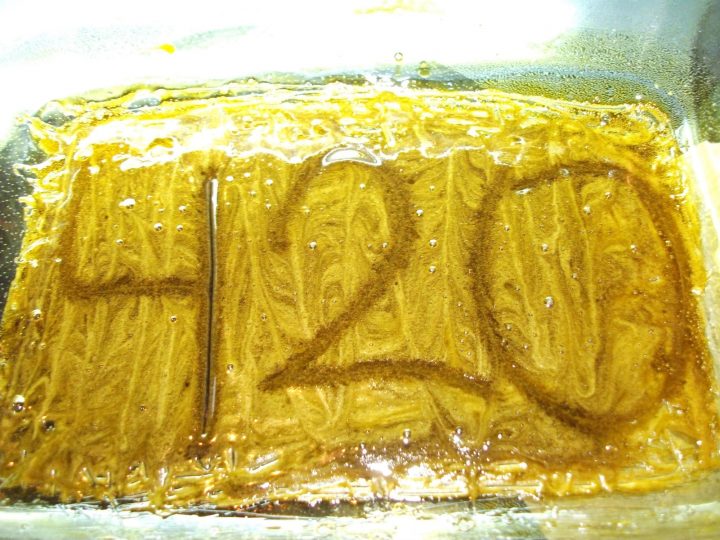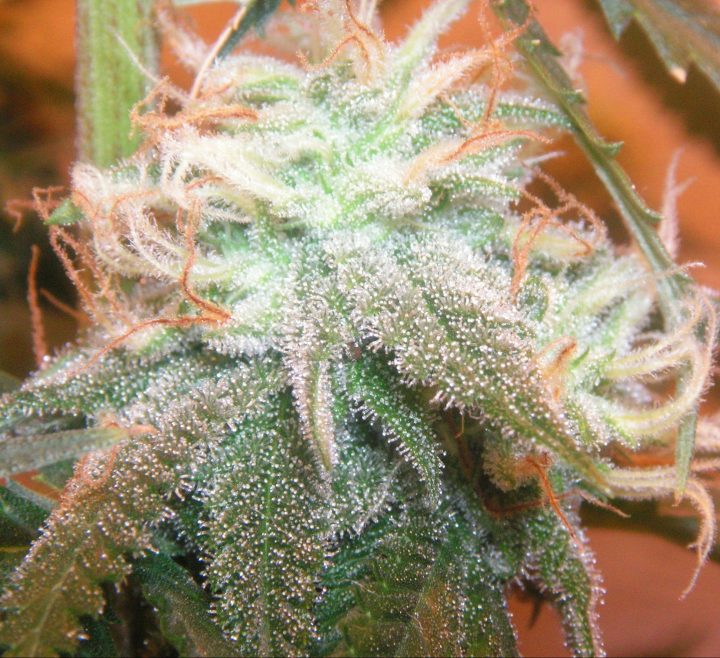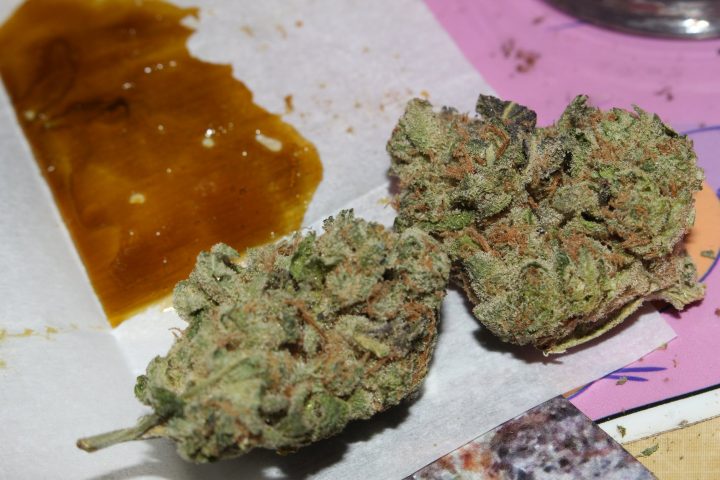
The Dab’s Danker Cousin: Cannabis Distillates
In terms of purity of THC content, you can’t find a better cannabis oil than THC distillates. Often referred to as “the clear” or “pure” concentrate, distilled cannabis oil has THC levels around a remarkable 99-100%! You can thank cannabis scientists for the complex, short path distillation process that makes for a heavily potent, but impurity free live cannabis oil ready to be dabbed, vaporized, or even applied to the tongue.
When I first bought a THC distillate from my local dispensary my budtender warned me, “start with small doses.” She was right. Distillates definitely aren’t for the beginning cannabis patient or enthusiast. If you use flower you may see 15-25% THC content, which cannot prepare you for a dab of 100% THC distillate. By isolating THC, CBD and other cannabinoids, cannabis distillates provide a pure, super refined oil that appears semi translucent. But how do these distillates get so pure, so concentrated?

For most cannabis oils and extracts, a solvent, like butane or alcohol, separates cannabinoids like THC from plant material before it’s evaporated, leaving behind the important cannabinoids in a concentrated, dabbable form. Impurities and material left over from the solvent find their way into the final product, thus creating a less pure concentrate.
Cannabis distillates avoid this process. Instead of soaking cannabis material in a solvent to separate cannabinoids, extractors heat and evaporate them. They collect the vapor into a cooling system filtered into containers, and repeat the process until they have a highly concentrated form of pure THC without any additives from a solvent. This “solventless” process gives cannabis distillate the signature transparent appearance appropriately dubbed “the clear.”

The superior purity and potency cannabis distillates offers does have a drawback. Cannabis distillates do not contain significant amounts of cannabis terpenes, or the pungent oils that give strains their signature flavor and taste. While this may seem simply cosmetic, terpenes play a key role in producing cannabis effects. How does this happen?
When you ingest any cannabis, you utilize the brain’s endocannabinoid system, or EC. This EC maintains many bodily processes, like mood, appetite, pain, memory, and much more. Inside the EC there are receptors that cannabinoids, like THC and CBD, bind to. Once binded, they produce effects associated with cannabis, like euphoria, pain relief, and others.
When these cannabinoids reach your EC system, terpenes potentiate, or interact with the EC system. They bind and block certain EC receptors from binding, and these multiple combinations map out cannabis’ psychoactive effects.
This interaction is considered an entourage effect. Terpenes have been lauded as, “balancers and communicators.” They amplify and moderate cannabinoid effects. In short, terpenes shape cannabis’ effect, so THC distillates have been called, “fundamentally less effective” because they lack terpenes to inform their effects. With that said, some extractors have begun introducing non cannabis terpenes to distillates to provide some of these mediating effects, but their effectiveness has yet to become ubiquitous.
To solve this problem, some pair their distillates with terpene rich live resin concentrates to counteract the lack of terpenes in the distillate.

In terms of purity and THC content, as I mentioned before, not many concentrated rival cannabis distillates, although they may be lacking in active terpene content. With that said, pure THC still has high therapeutic and recreational value. Because of it’s higher concentration of THC, and longer extraction process, THC distillate may be a bit more expensive than other concentrates, and especially cannabis flower.
In spite of their price and lack of terpenes, THC distillates are a concentrate cannabis connoisseurs and novices alike should give a try.
Have you tried THC distillates? Please comment below!
About the Author
Chris Matich is a professional writer, journalist, and editor living in Pittsburgh, PA. Chris blogs for Schenley.net. His writing interests include LGBT+ people/issues, sports writing, and blogging. Chris currently writes about web optimization, blogging practices, medical cannabis, and cannabis lifestyle. He writes fiction and creative nonfiction in his spare time. Linkedin, Twitter